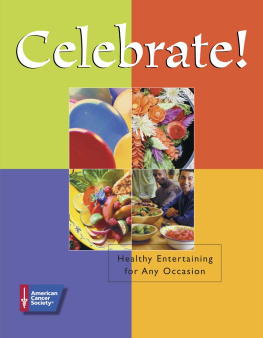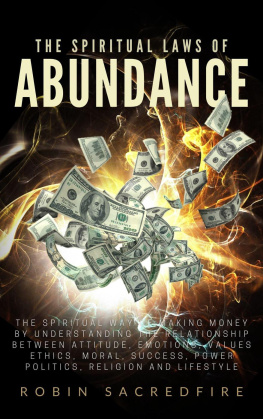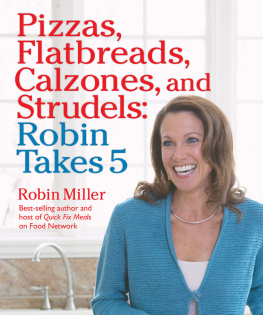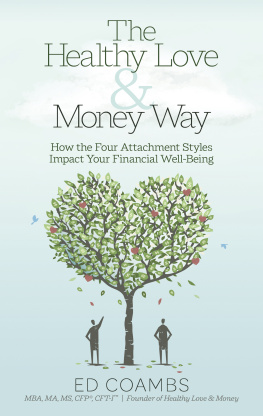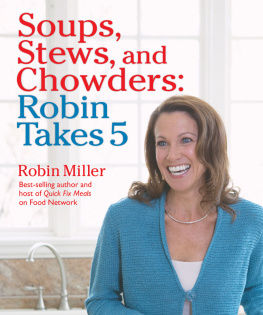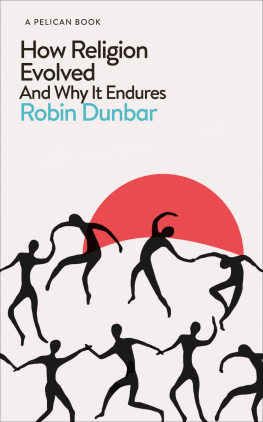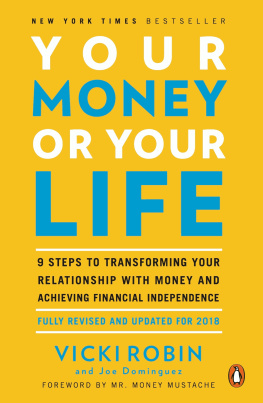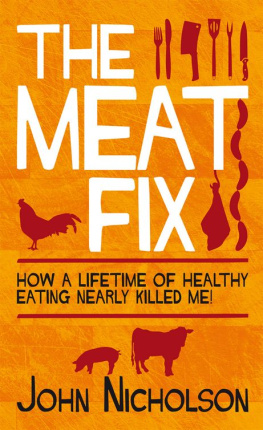This eBook is copyright material and must not be copied, reproduced, transferred, distributed, leased, licensed or publicly performed or used in any way except as specifically permitted in writing by the publishers, as allowed under the terms and conditions under which it was purchased or as strictly permitted by applicable copyright law. Any unauthorised distribution or use of this text may be a direct infringement of the authors and publishers rights and those responsible may be liable in law accordingly.
Version 1.0
Epub ISBN 9781446490716
www.randomhouse.co.uk
Copyright 1993 Robin Skynner and John Cleese have asserted their moral right to be identified as the authors of this work in accordance with the Copyright, Design and Patents Act 1988.
Copyright Illustrations 1993 by Methuen London.
All rights reserved. No part of this publication may be reproduced, stored in a retrieval system, or transmitted in any form or by any means, electronic, mechanical, photocopying, recording, or otherwise, without the prior permission of the copyright owner.
First published in the United Kingdom 1993 by Methuen London.
First paperback edition published 1994 by Mandarin paperbacks.
Cedar edition published 1996 by Mandarin paperbacks.
First published by Vermilion in 1997.
This edition published in the United Kingdom in 1997 by Vermilion an imprint of Ebury Press
Random House Group Limited
Random House
20 Vauxhall Bridge Road
London SW1V 2SA
www.rbooks.co.uk
Addresses for companies within
The Random House Group Limited can be found at: www.randomhouse.co.uk/offices.htm
The Random House Group Limited Reg. No. 954009
A CIP catalogue record for this book is available from the British Library
ISBN 9780749323202
Contents
To Josh and Ding
About the Authors
Following the phenomenal worldwide success of Families and how to survive them, Robin Skynner and John Cleese broaden their theme in another innovative and thought-provoking book, in which they apply to their investigation of what really constitutes healthy behaviour in the different aspects of life the principles of the most modern research, from all kinds of wide-ranging sources. Presented in the same simple, lively and entertaining style as Families, this book extends the study beyond the family circle to relationships and group interaction in life outside it. As with Families, the subject is approached with lucidity and lightness of touch, and is enlivened by Bud Handelsmans cartoons.
Robin Skynner qualified in medicine at University College Hospital, London. He has been a pioneer in group and family techniques of treatment, and one of the founders of both the Institute of Group Analysis and Institute of Family Therapy (London). He has applied the ideas developed there to a range of group situations, including companies, schools, hospitals, the social services and the clergy. As well as being co-author with John Cleese of Families and how to survive them, he is the author of One Flesh: Separate Persons; Principles of Family and Marital Psychotherapy; Explorations with Families: Group Analysis and Family Therapy and Institutes and how to survive them: Mental Health Training and Consultation.
John Cleese was born in 1939 in Weston-super-Mare. He took science A levels at the Clifton College Sports Academy, taught history and geography for two years and then studied Law at Cambridge. He then became a comic. In 1972, he co-founded Video Arts, a management- and sales-training film company, which he helped to run for twenty years. In the mid-seventies, he attended one of Robin Skynners therapy groups. Subsequently, he suggested that some of the knowledge and techniques of family therapy, which he had found so fascinating and helpful, should be made available to a wider public. This resulted in the publication of Families and how to survive them in 1983.
Also by Robin Skynner and John Cleese and available from Vermilion
FAMILIES
and how to survive them
Acknowledgements
We would like to thank the following friends and colleagues for sparing time to read and comment on parts of the manuscript, or for providing information and advice; however, responsibility for the views expressed, and for any errors and omissions, remains of course entirely our own:
Douglas Bennett, Eddie Canfor-Dumas, Roger Clark, Cynthia Cleese, John Crook, James Crowden, Alyce Faye Eichelberger, Ron Eyre, Patrick Gaffney, Merete Gardiner, Peter Haynes, Alan Hutchinson, Iain Johnstone, Peter Kellner, Jerry Lewis, Peter Luff, Jacob Needleman, Helena Norberg-Hodge, Josh Partridge, Philip Philippou, Monty Python, Sogyal Rinpoche, Win Roberts, Denis Robinson, Margaret Robinson, Becky Salter, Andy Sargent, Michael Shamberg, David Skynner, Jane Skynner, Prue Skynner, Ian Stevenson, Takeshi Tamura, Stephen Verney, Nick Wapshott, Tom Wilkinson, Charlotte Wood, John Wood and Irene Young.
We would like to acknowledge the valuable editorial contributions of Ann Mansbridge and David Watson, and in particular of Christopher Falkus, whose creative suggestions were once again immensely helpful. We are also most grateful to June Ansell, Henrietta Williams, Melanie Bowker and Garry Scott-Irvine for their tireles work in typing the original conversations and the many drafts or the text.
We also thank the Mount Nelson Hotel, Capetown, for facilities provided.
Introduction
When we wrote Families and how to survive them ten years ago, we wanted to make intelligible and accessible the psychological aspects of how families behave and function; what makes some work and others fail; and how families can move up the scale towards greater health and happiness. We looked at such things as how our own family backgrounds dictate not only our choice of a partner but how the new family relationships then created tend to perpetuate those backgrounds with their good and bad characteristics. We looked at family taboos, repressed emotions, and explored the destructive nature of feelings shut away behind the screen and not acknowledged even by ourselves. We explained how these feelings can be projected onto others, our partner or another scapegoat within the family, who thus acquire from us and automatically enact the forbidden emotion we unconsciously deny in ourselves. We explored the make-up of our own personality [-] the child within us all which, if it dominates us, can lead to that distorted view in which we see the world only in terms of ourselves and our own needs; and the parental part of us which, if it denies our childlike aspects, can distort our relationships in equally harmful ways.
These ideas were well received, so much so that Families, gratifyingly, has become established as a virtual text-book not only in many of the mental health professions but for the non-professional audience for whom it was written. Life and how to survive it carries the study further. It begins by focusing on the factors which make for health in individuals and families, going beyond clinical observation to include the recent and little-known research now available about exceptionally healthy families, and then extends and develops the ideas outside the family context: thus it analyses our behaviour at work; the behaviour of companies and organisations; the conduct of societies and social groups; and beyond even that, the secular and spiritual values by which we connect to each other and the world. It is a book about the mental health of individuals and groups operating from the smallest to the largest of scales.
In the Afterthoughts between the main sections we also study some related topics, including the connection of humour and laughter with health; the changing family relationships now that so many women as well as men go out to work; the basis of the widening rich[-]poor divide; and the place of death in life.
Next page

